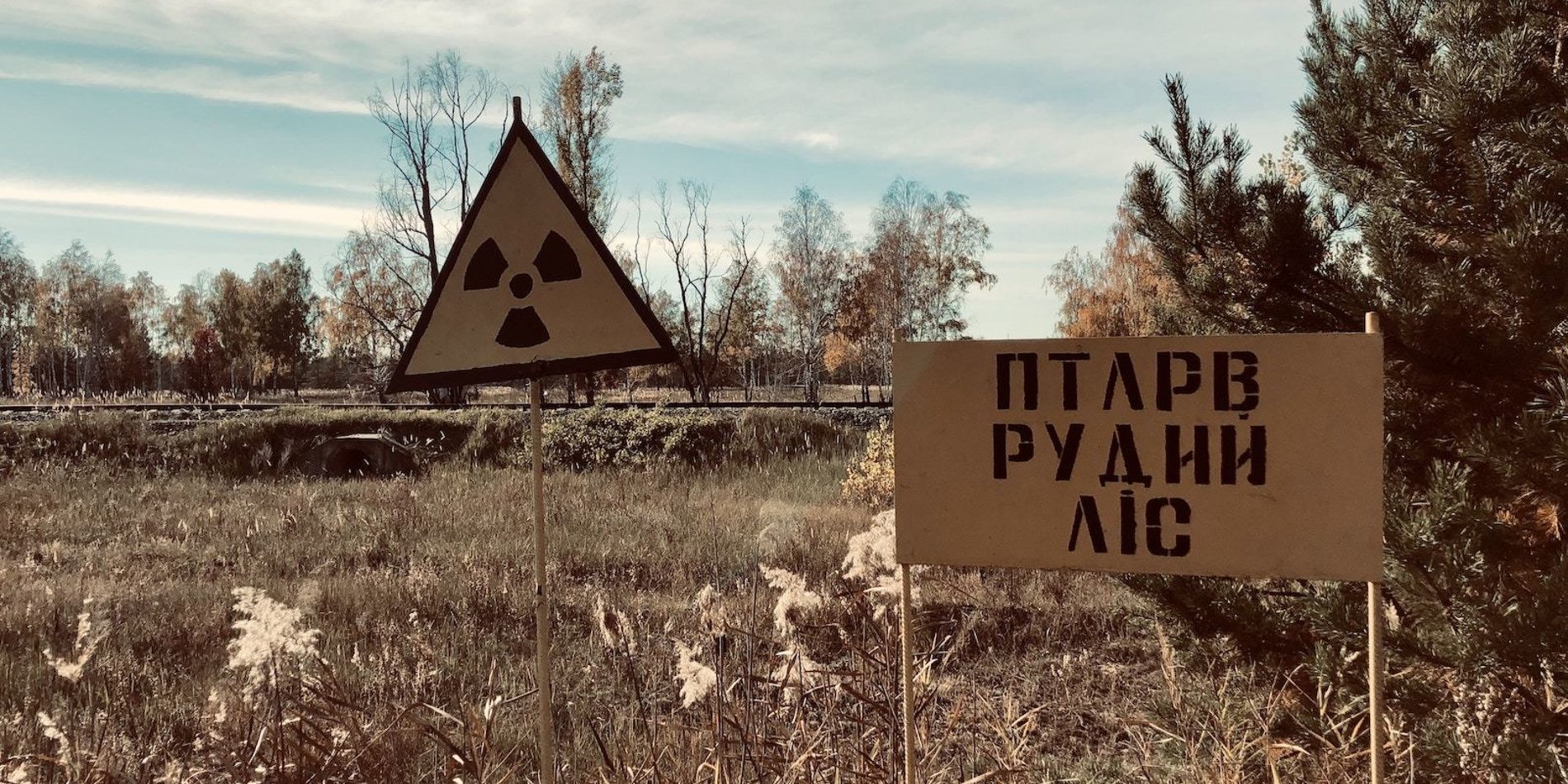SLAVIC 104N: Chernobyl in Media and Popular Culture
General Education Requirements
Not currently certified for a requirement. Courses are typically considered for Ways certification a quarter in advance.
Course Description
The course will introduce students to the Chernobyl nuclear disaster through the history of the late Soviet utopian project of the "atomic cities" to the intellectual, aesthetic, and artistic responses that the Chernobyl catastrophe generated in the post-Soviet Ukrainian, Belarusian, and Russian societies. During the course, we will study environmental, social, and ecological consequences of the Chernobyl disaster and analyze its many representations of Chernobyl in fictional, cinematographic, oral histories, map projects, VR, photography, and other media in order to understand how the disaster resonates across space and time. We will consider such issues as urban and technological utopias of the late Soviet Union, representations of the disaster; ethics; health and disease; the body and its deconstruction; ecology and climate; the appropriation of disaster narratives and disaster tourism; the media and cover-ups; and faith and religion.
Meet the Instructor: Yuliya Ilchuk

“I am Slavic professor Yuliya Ilchuk who will be teaching the IntroSem on Chernobyl in Autumn of 2023. I was born and grew up in the Soviet Ukraine. When I went to school in the 1980s, the tragedy of Chernobyl has shaken the Soviet society to its core, leading to a greater transparency and eventual collapse of the Soviet regime. Then came the turbulent 1990s, when my country ceased to exist, and the emerging independent republics of the former Soviet Union rapidly transitioned to the market economy, decentralization, and liberalism. Since 1999, I have lived and worked in the United States. As a student and now as a professor, I had to revise many of my assumptions about the global impact of the Chernobyl disaster. I hope that in our discussions of Chernobyl, its causes and aftermath, we will learn how to understand the negative impact we are doing to our planet.”



